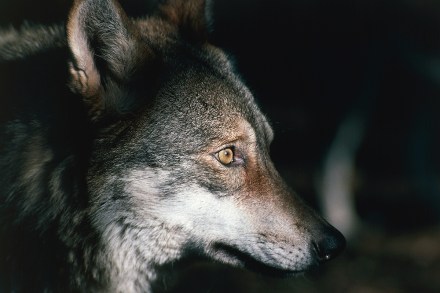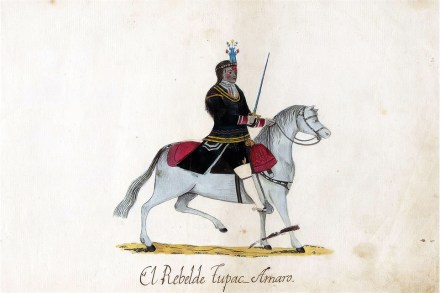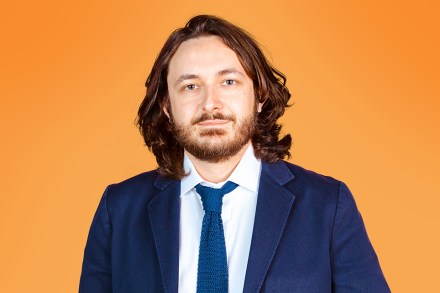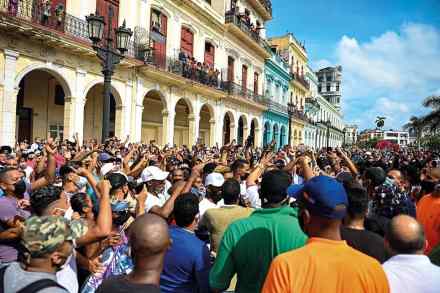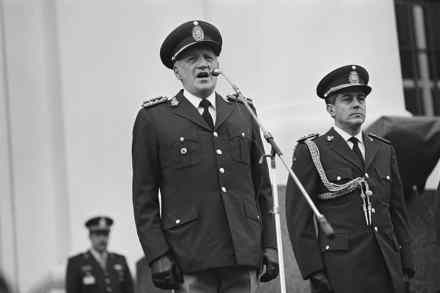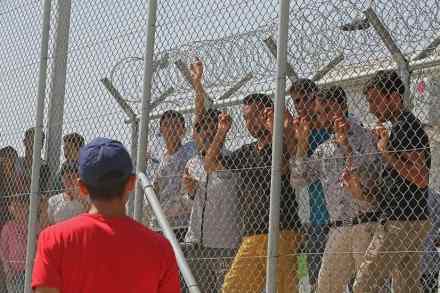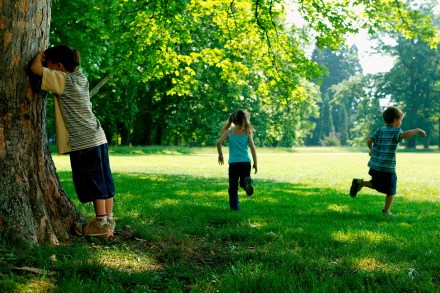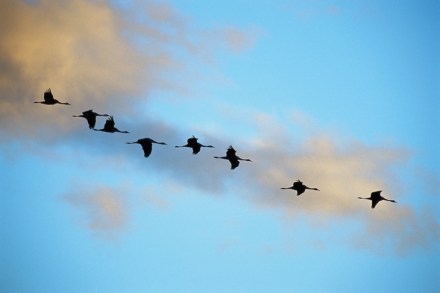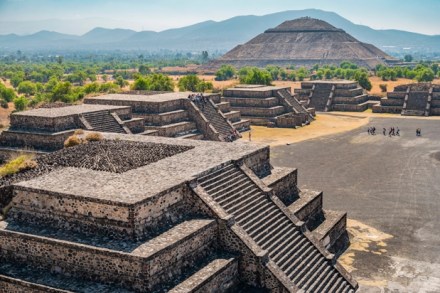The wolf as symbol of European anxieties
On 19 December 2011, at around 3.30 a.m., a young wolf in the mountains of southern Slovenia trots away from his pack and never looks back. For the next 90 days or so, Slavc (after Slavnik, the mountain of his home) lopes onwards, hardly stopping, fording fast rivers and traversing high passes, until at last,
